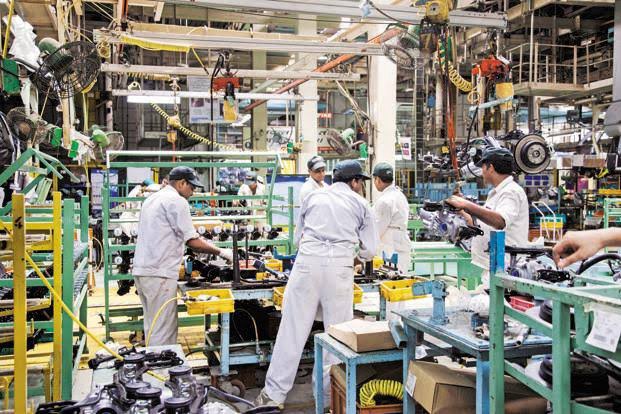MBABANE – A multi-million Emalangeni investment project intended to boost Eswatini’s manufacturing sector has stalled due to disagreements between the Eswatini Investment Promotion Authority (EIPA) and British investor, Mobeen Anjim Medhi, proprietor of Britannia Brands (Proprietary) Limited. The case has raised questions regarding the readiness of the country’s infrastructure to support foreign direct investments and has exposed potential gaps in the facilitation of international standards for export-oriented businesses.
The project, aimed at establishing a biscuit manufacturing plant for local and international markets, was launched with high expectations. EIPA spent E23 million rehabilitating a factory shell for the business, with the assumption that the premises were ready for occupation and use. However, Britannia Brands has contested that the facility does not meet the necessary international standards for food production, pointing to a variety of issues that would affect the safety and hygiene standards required for export.
Factory Shell: Ready or Not?
At the center of the dispute is whether the factory shell, refurbished with taxpayers’ money, is suitable for food production. Britannia Brands argues that several deficiencies in the building—such as unfinished flooring, inadequate sanitation facilities, and incomplete safety measures—render it unfit for use in food manufacturing. The company has cited specific concerns, including insufficient firefighting equipment, a lack of safety markings, inadequate parking, and the absence of disabled-accessible toilets, all of which are essential for compliance with international standards.
Medhi, an experienced businessman with years of expertise in biscuit and snack manufacturing, has been in Eswatini for three years working towards launching his business. However, the current state of the factory, according to court papers filed by his legal representatives, does not align with the Memorandum of Agreement (MoA) signed between his company and EIPA, which stipulated that the factory would meet these specific requirements.
Legal Stalemate
The legal wrangling escalated when Britannia filed an urgent application in June 2024, challenging EIPA’s assertion that the factory was ready for occupation. Despite a court order preventing EIPA from removing Britannia’s equipment from the site, the case has yet to move forward, with EIPA failing to submit opposing court papers. This delay has resulted in mounting frustration from Britannia, which has already invested over E25 million in the project.
A key part of the contention is the lack of an official occupancy certificate. Although a certificate was eventually issued in January 2024, Britannia argues that this is insufficient without a health clearance certificate, which is necessary to ensure the facility meets international food safety standards.
Unresolved Issues and Implications for Future Investments
The dispute highlights broader concerns about the investment environment in Eswatini. While EIPA has worked to attract foreign businesses with the promise of factory space and tax incentives, this case suggests that there may be significant gaps in ensuring that the infrastructure provided aligns with the needs of export-driven industries. The lack of clear communication and delays in resolving these issues could have a chilling effect on future foreign direct investment, particularly in industries that require adherence to strict international standards.
Moreover, the prolonged legal battle threatens to damage the reputation of both EIPA and the country’s ability to manage large-scale industrial projects. As the court case continues, it remains to be seen how the government and its agencies will respond to the growing concerns about the country’s readiness to support major international ventures.
Looking Ahead: A Call for Strategic Reforms
As Eswatini seeks to diversify its economy and encourage more foreign investment, this case may serve as a pivotal moment for policymakers to review the mechanisms in place for supporting such projects. Ensuring that government agencies like EIPA have the resources and capacity to meet the technical specifications required by investors is crucial for the long-term success of the country’s industrial strategy.
Foreign investors, like Britannia Brands, play a vital role in the economic development of emerging markets. However, to fully realize the potential of such partnerships, there must be a concerted effort to address infrastructure challenges, streamline regulatory processes, and ensure that all stakeholders are held accountable for their commitments.
The court’s final ruling on the matter will be closely watched, not only by the parties involved but by the broader business community, as it will set a precedent for how Eswatini navigates future industrial disputes and investment challenges.
Cred: Times of Eswatini





